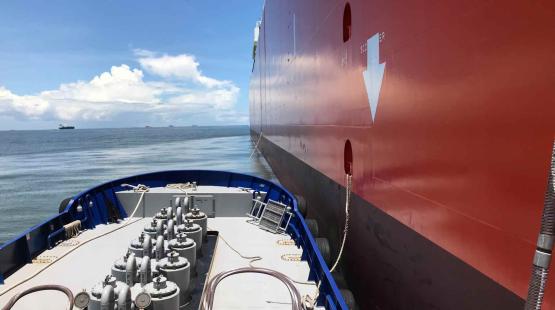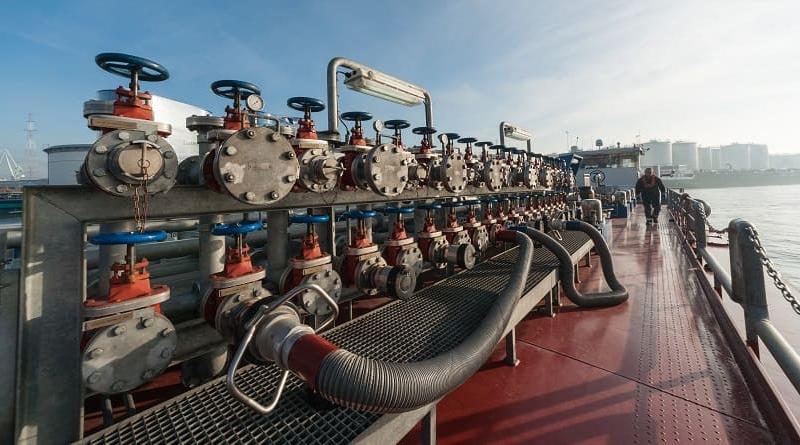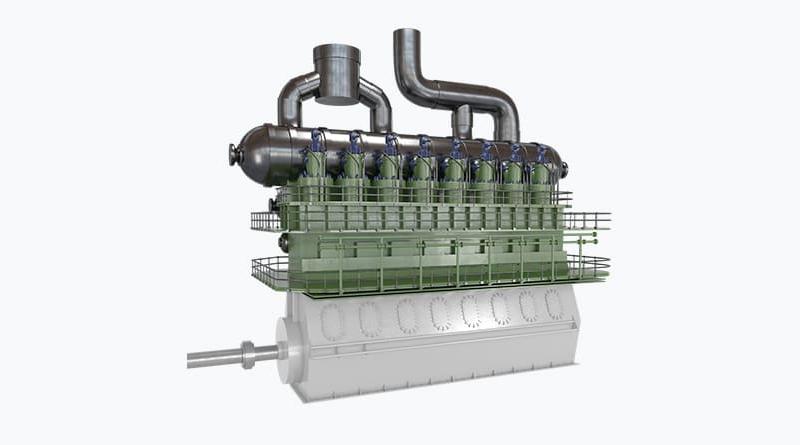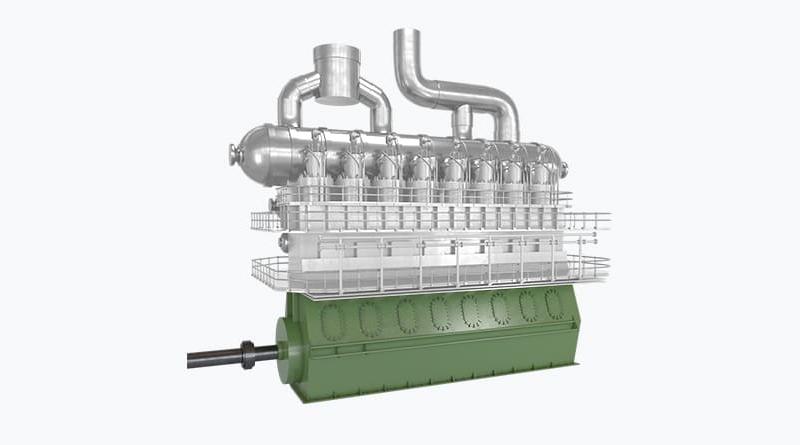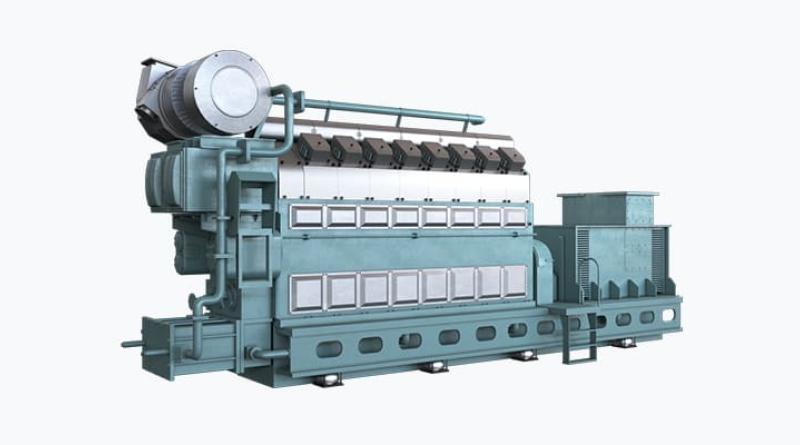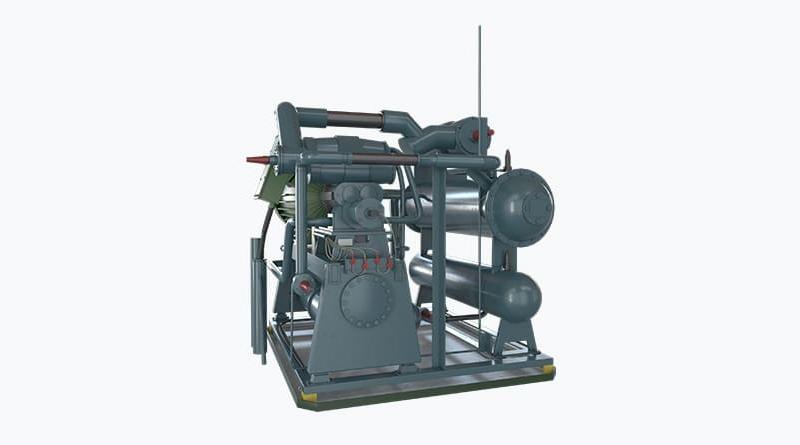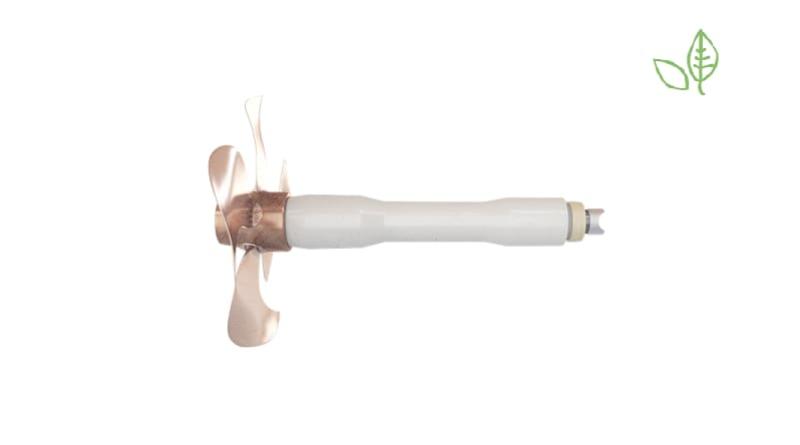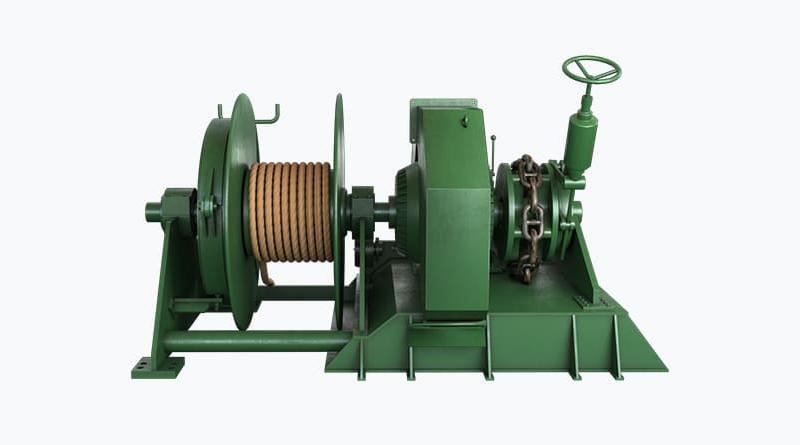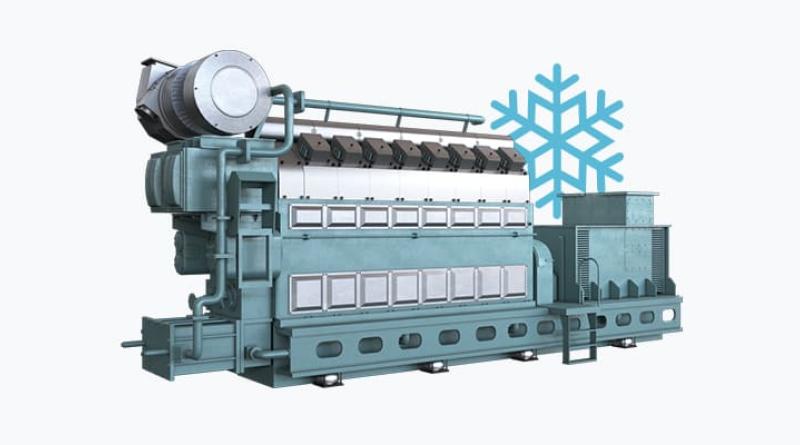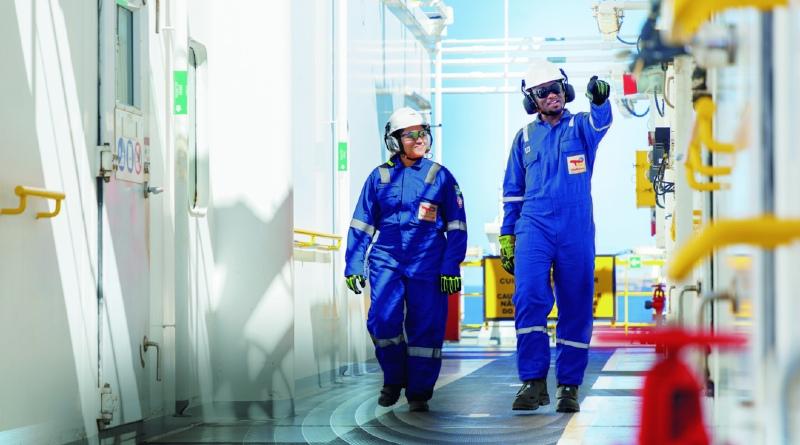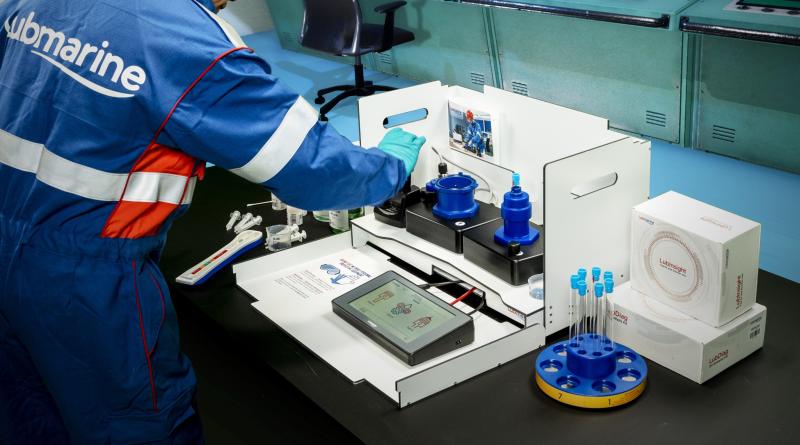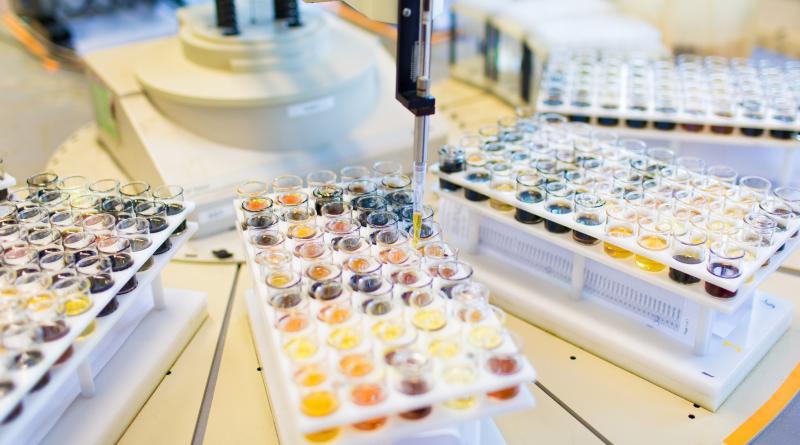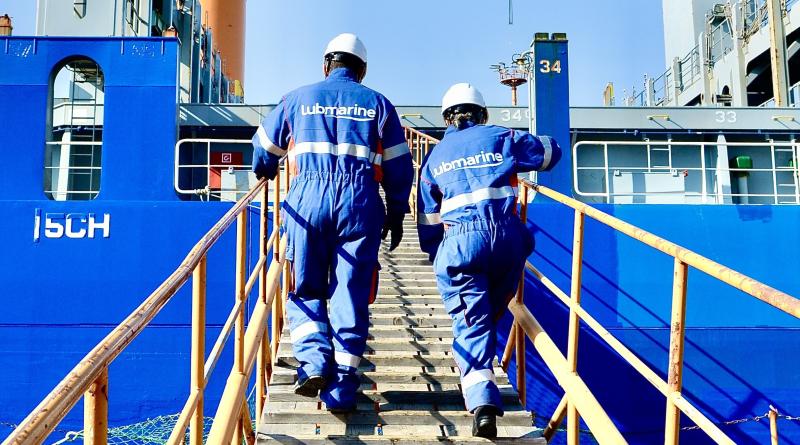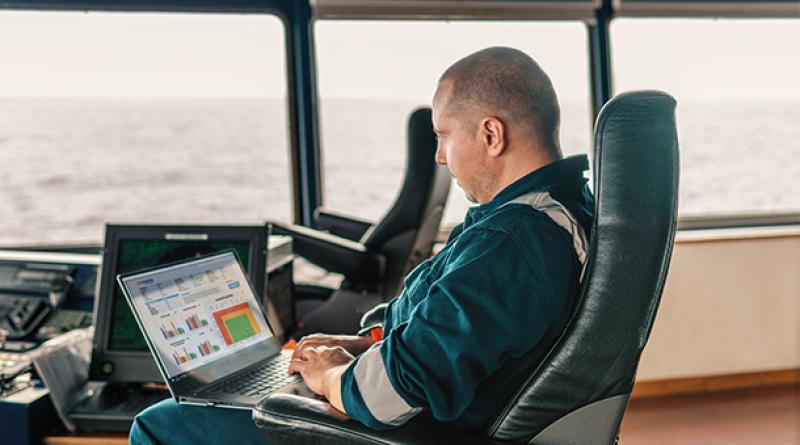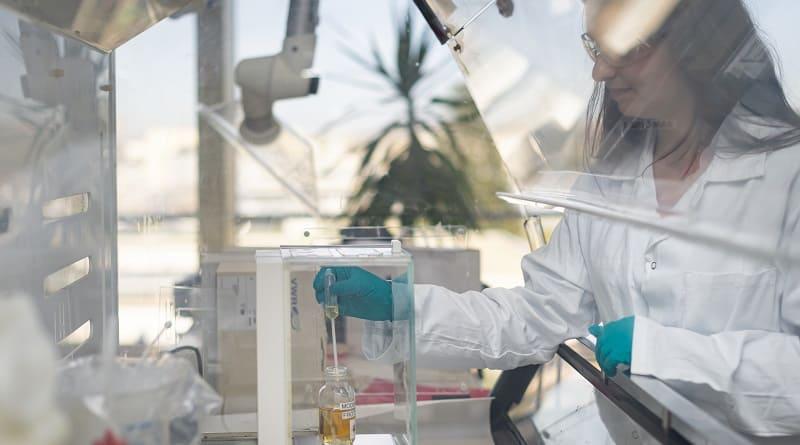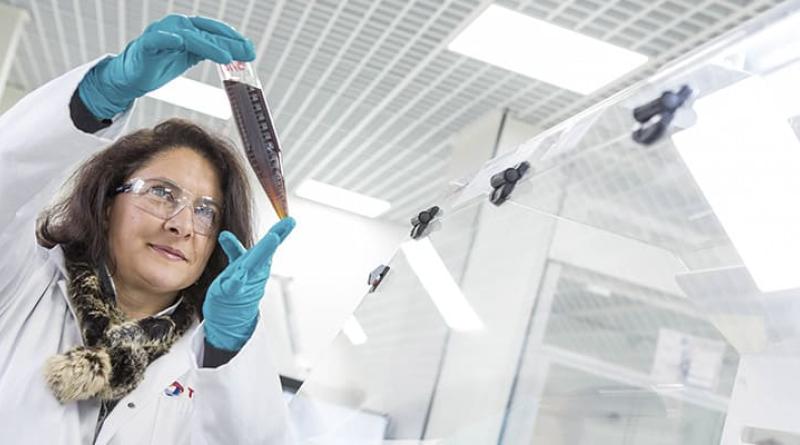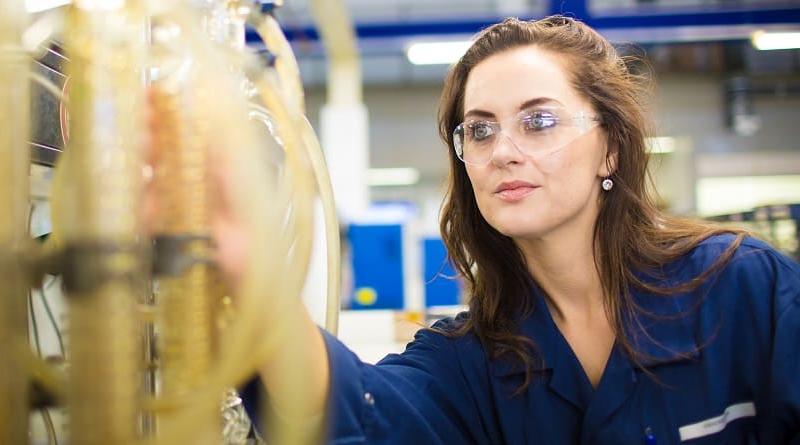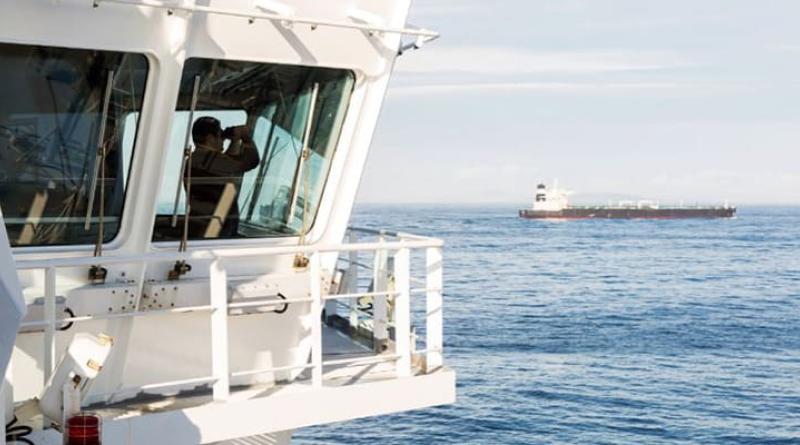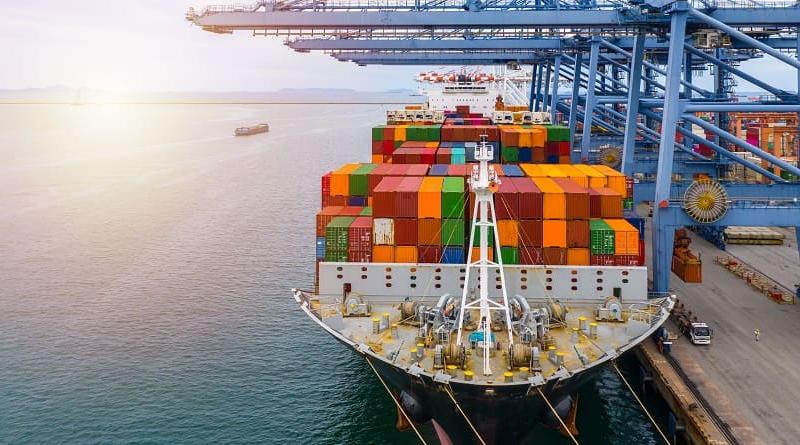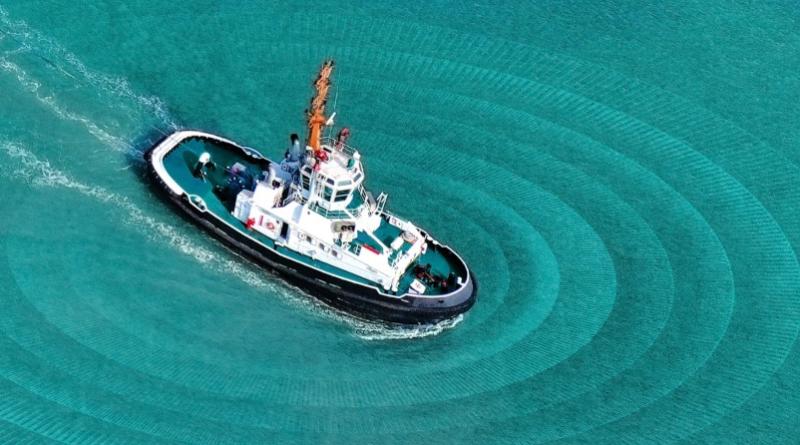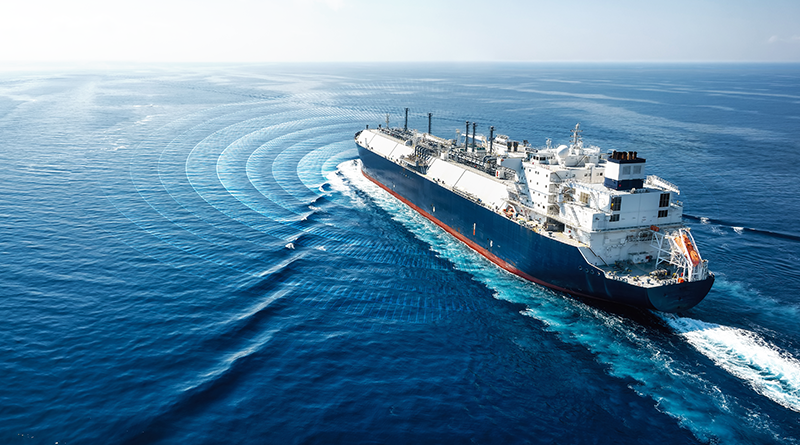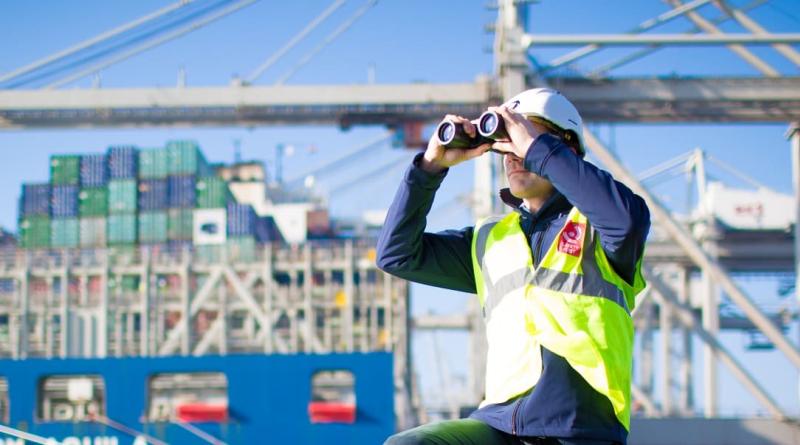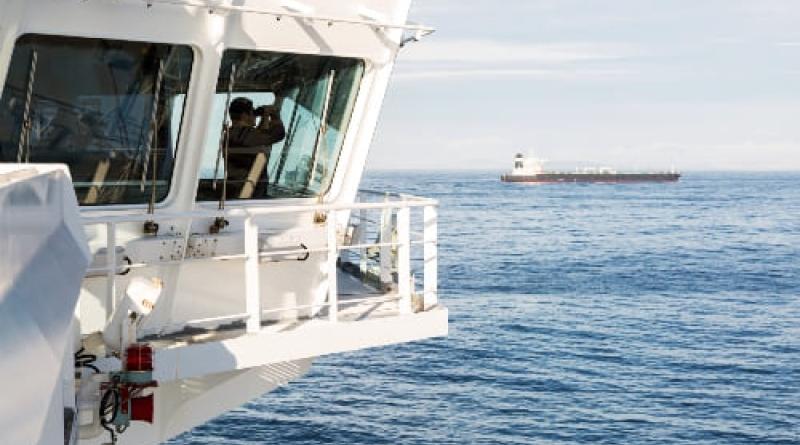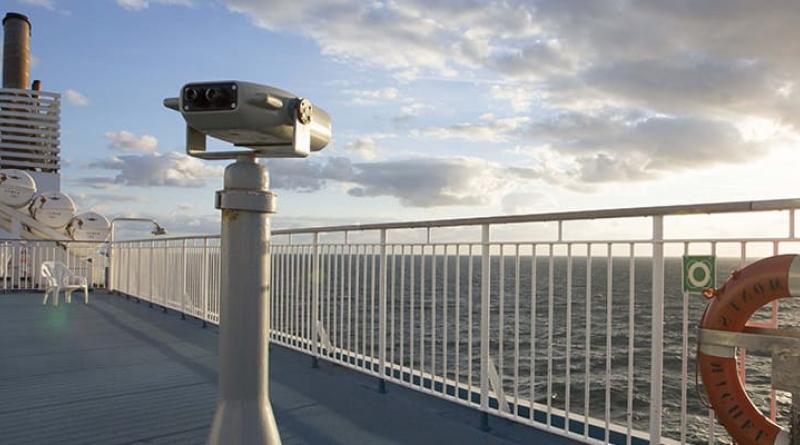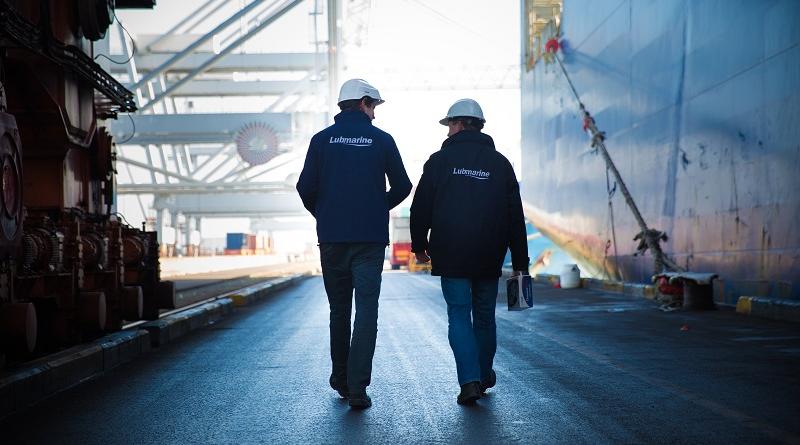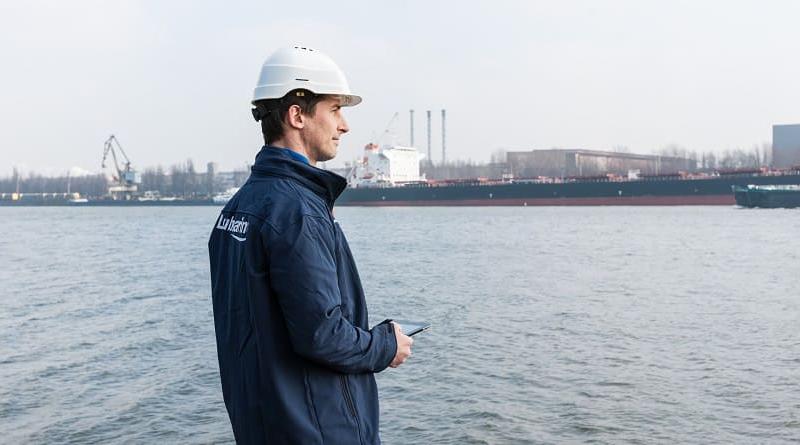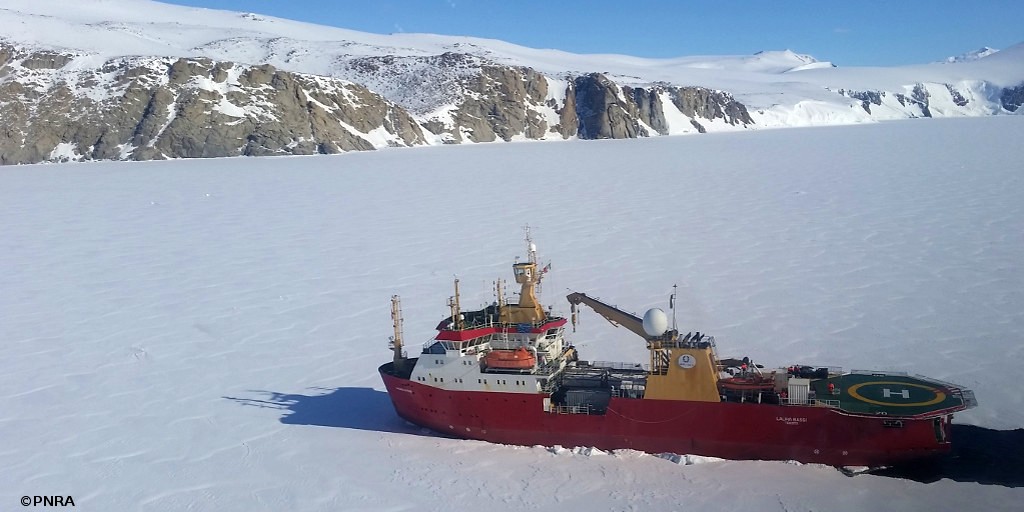
An 80-metre-long icebreaker, which has been using Lubmarine’s DISOLA M 4015 to help power its two BRG-6 Bergen engines, has become a record-breaker by reaching the most Southerly point in the Antarctic ever by a vessel.
Strengthened by a double hull, the Laura Bassi went where no ship has ever gone before when it reached a previously unexplored site in Whale Bay at latitude 78° 44.280' S, the southernmost point ever reached in the Ross Sea in Antarctica.
Owned by the Italian National Institute of Oceanography and Applied Geophysics (OGS) in Trieste and containing a team of researchers and technicians, the Laura Bassi made its month-long journey to the Antarctic between 5 January 2023 and 4 February 2023.
Its mission was to undertake a range of scientific tasks including launching and recovering buoys to study marine circulation; recovering and putting to sea 'mooring' (measuring systems anchored to the seabed to study the physical and chemical characteristics of the water column); and core drilling for the geological study of the seabed.
In addition, scientific fishing activities as well as biological and chemical-physical laboratory investigations took place. A specific activity related to seabed mapping was also carried out in order to create the first seabed maps of that area.
In addition to carrying out work for National Research Program in Antarctica (PNRA), the Laura Bassi also serves the polar scientific community thanks to an agreement between the major research institutes in Italy working in the polar-regions and those managing the polar infrastructures – the OGS, National Research Council (CNR) and the Agency for Energy Efficiency (ENEA). The vessel has also been included in the strategic planning of the Italian Arctic Research Program (PRA).
No stranger to the Antarctic region between 1999 and 2019 she was the British Antarctic Survey’s logistics ship primarily used for the resupply of scientific stations in the Antarctic.
In November 2020, she was also certified Category A PC5 according to the Polar Code rules.
“Lubmarine is proud that our Disola M4015 marine trunk piston engine oil was selected to help power the Laura Bassi on its vitally important research journey” said Davide Massocchi, Marine Lubricant Engineer for Italy.
“It was selected by the technical crew because of its thermal stability and performance capabilities in extreme temperatures which it would have encountered on its journey. We have no doubt that the valuable research that the crew on the vessel undertook will prove invaluable in better understanding climatic and environmental impacts in the Antarctic.” he added.
